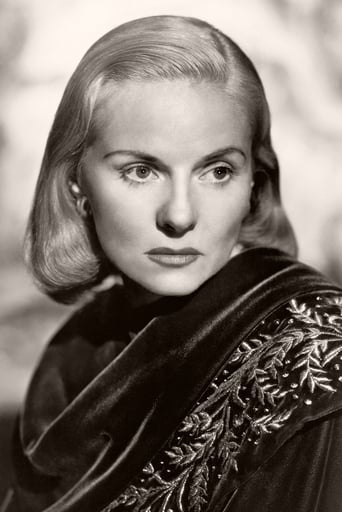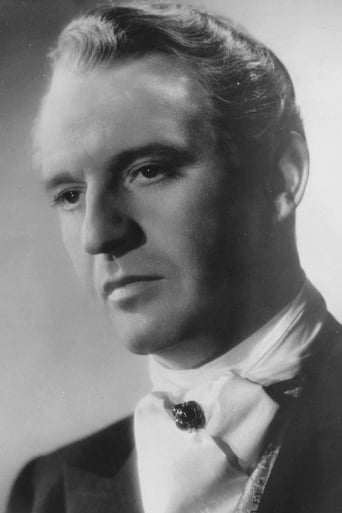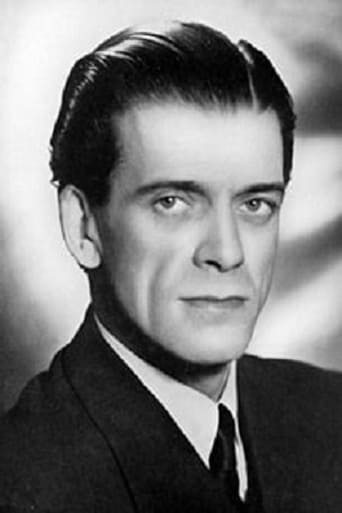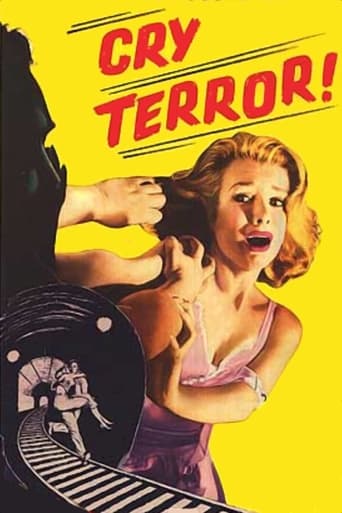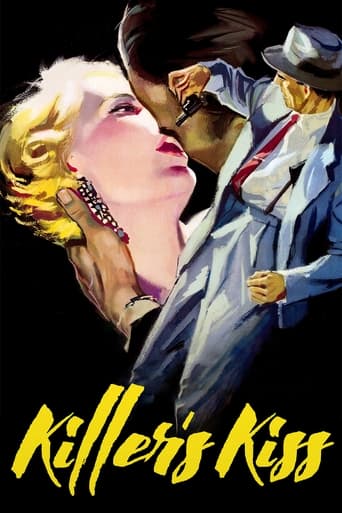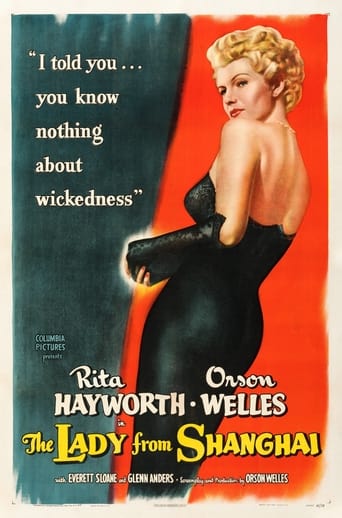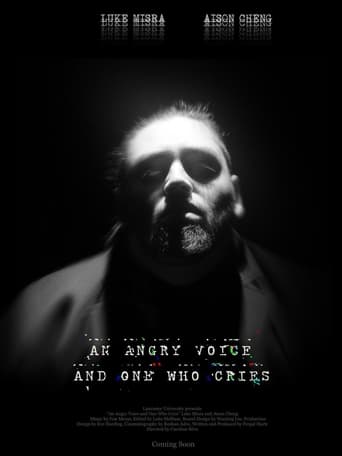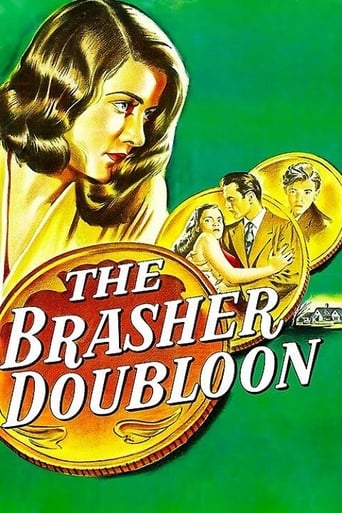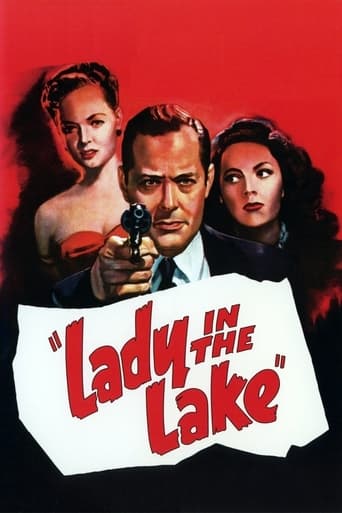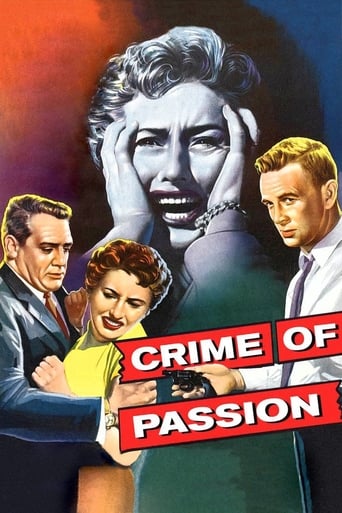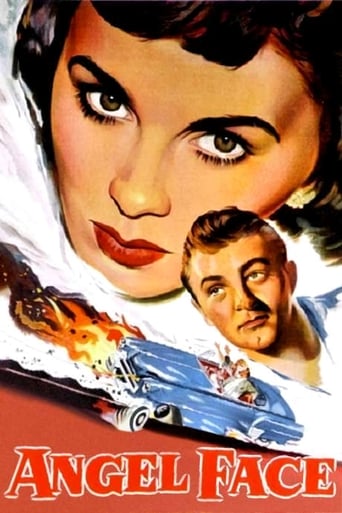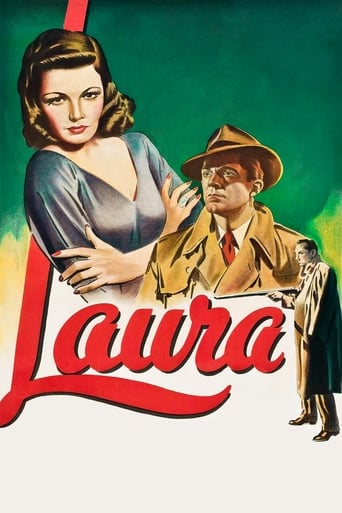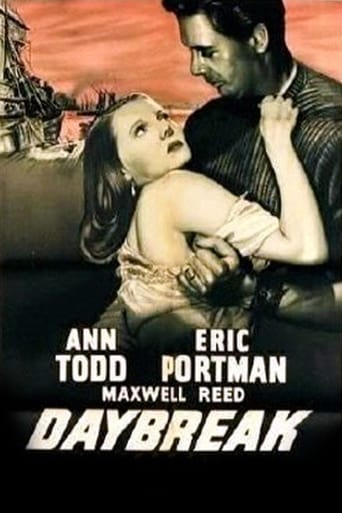
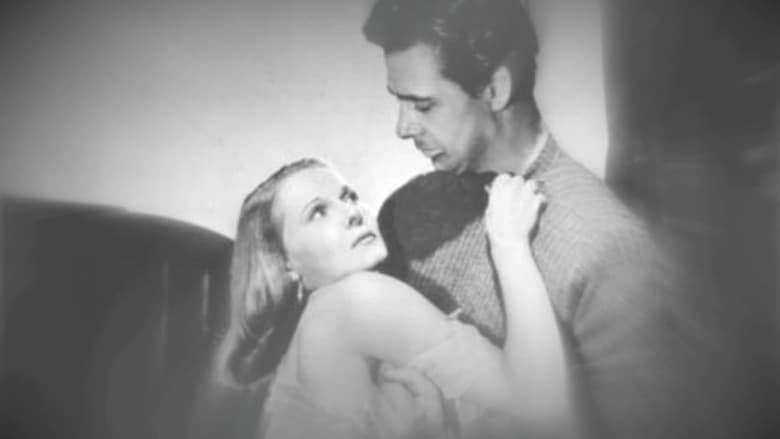
Daybreak (1949)
A mysterious barber hides a secret identity that eventually leads to tragedy.
Watch Trailer
Cast


Similar titles
Reviews
Eric Portman (Eddie Tribe/Mendover), Ann Todd (Frankie), Maxwell Reed (Olaf Tyson), Edward Rigby (Bill Shackle), Bill Owen (Ron), Jane Hylton (Doris, the barmaid), Garry Marsh (customer), Eliot Makeham (Bigley, the solicitor), Margaret Withers (Mrs Bigley), John Turnbull (police superintendent), Maurice Denham (police inspector), Lyn Evans (waterman), Milton Rosmer (prison governor).Director: COMPTON BENNETT. Screenplay: Muriel Box, Sydney Box. Story: Monckton Hoffe. Photography: Reginald H. Wyer. Film editors: Helga Cranston, Peter Price. Music: Benjamin Frankel, conducted by Muir Mathieson. Art director: James Carter. Costumes: Dorothy Sinclair. Make-up: Nell Taylor. Camera operator: Bernard Lewis. Assistant director: Basil Keys. Sound recording: John Mitchell, Stephen Dalby. Associate producer: A. Frank Bundy. Producer: Sydney Box.Not copyrighted in the U.S.A. Released through Universal- International in the U.S.A.: July 1949. New York opening at the Little Carnegie: 2 July 1949. U.K. release through General Film Distributors: 5 July 1948. Australian release through Fox: 7 July 1950 (sic). 7,389 feet. 82 minutes.SYNOPSIS: Eddie Tribe, a middle-aged, somewhat aloof but wealthy barge-owner, marries a young piece of flotsam without telling her of his two side jobs where he works under his Mendover alias: (1) barber; (2) public hangman.COMMENT: "Daybreak" is what the trade used to categorize as a difficult film. Its theme and unrelievedly downbeat atmosphere far too grim for both the cloth cap and carriage trade, the movie's only hope of success lay with the critics. Enthusiastic reviews have solved many a problem picture. But not so with this one. My review was probably the best of the lot, although Photoplayer was never the prestigious sort of magazine that could be quoted in advertising. Here it is: "Director Compton Bennett and scriptwriters Muriel and Sydney Box create quite an interesting and suspenseful atmosphere in this unusual melodrama — though they rather spoil it by showing the conclusion at the beginning of the film. And as a further consequence of this incredible piece of ineptitude, the film runs out of steam three-quarters of the way through and ends on a rather contrived and unsatisfying fade-out. "But the performances are superb — though Maxwell Reed makes a little too ludicrous a lover — as is the photography by Reginald Wyer, the seedy sets of art director James Carter, and the astute film editing of Helga Cranston and Peter Pryor."
The acting in this film noir is mostly wooden - Ann Todd apart. The best parts were probably left on the cutting room floor,courtesy of the censor. What's left is just the husk of a compelling story from Monckton Hoffe. The fight scene was atrocious and unconvincing, but the film is saved from itself because of the eeriness of the rain-soaked scenes, presumably shot at Hammersmith near the Riverside Studios. Shots of the Palais De Danse and the Rialto seem to give credence to this assertion. Bill Owen is his usual matter-of-fact self, and ends this sad story. The sound quality has suffered over the years - the opening music especially. All the criticism apart, the life on-board a barge and views of Gravesend riverfront before demolition to make way for soulless housing development are good reasons to buy the DVD (if you can find one)- and keep a strong drink handy for the ending. You have been warned.
This film is compelling for about the first third. British films could do naturalism so effortlessly then. I love the interiors - shabby rooms that still have (50-year-old) Victorian wallpaper, or fireplaces badly converted to ineffective gas fires. And the barber's shop with clients popping in and out and exchanging banter (the street it's in, though, is obviously a set with an omnipresent barrel-organ and someone always cycling carefully by). But then Ann and Eric go and live an idyllic, free, gypsy-like outdoor life on a Thames barge... There are some lovely shots of the riverbank with warehouses and cranes (now dull yuppie flats). The "living on a boat" fantasy was common in the late 40s/50s. Ann Todd as a happy wife seems to regress to childhood, skipping about wearing dungarees and flat shoes and being abominably cute. And the plot starts to roll... I rather like Maxwell Reed as a rule, even though he is wooden and 10 feet tall. But really, his Danish accent!
Daybreak is totally fascinating - the kind of movie you can stare at, open mouthed, for the full hour and a half. Ann Todd as always is wonderful, but this has to be one of her best performances by far. Apparently a lot of the movie was cut by the censors upon its release leaving gaps in the story, and you do get this sense at least with Todd's character - there's a slight hint that she may have been a prostitute but this isn't followed through and is just forgotten.Without spoiling the ending - and don't read the plot summary before you see the film! - this is one of the most heartbreaking shows of misunderstanding ever. Todd lives with husband Eric Portman on a barge and his business sends him away for long periods of time, leaving her along with the very seedy Norwegian "Olaf", and leaving it up to the audience to guess what he does to her. One night she begs her husband to stay, or take her with him, but he can't, and yet she won't tell him why. He comes home and finds Olaf present, but unfortunately gets the wrong idea about why he is there.It's a shame so much was cut from this fine film, but what is left is sufficient to garner it a 10/10. The scene especially where Todd and Portman meet is an utter delight!


